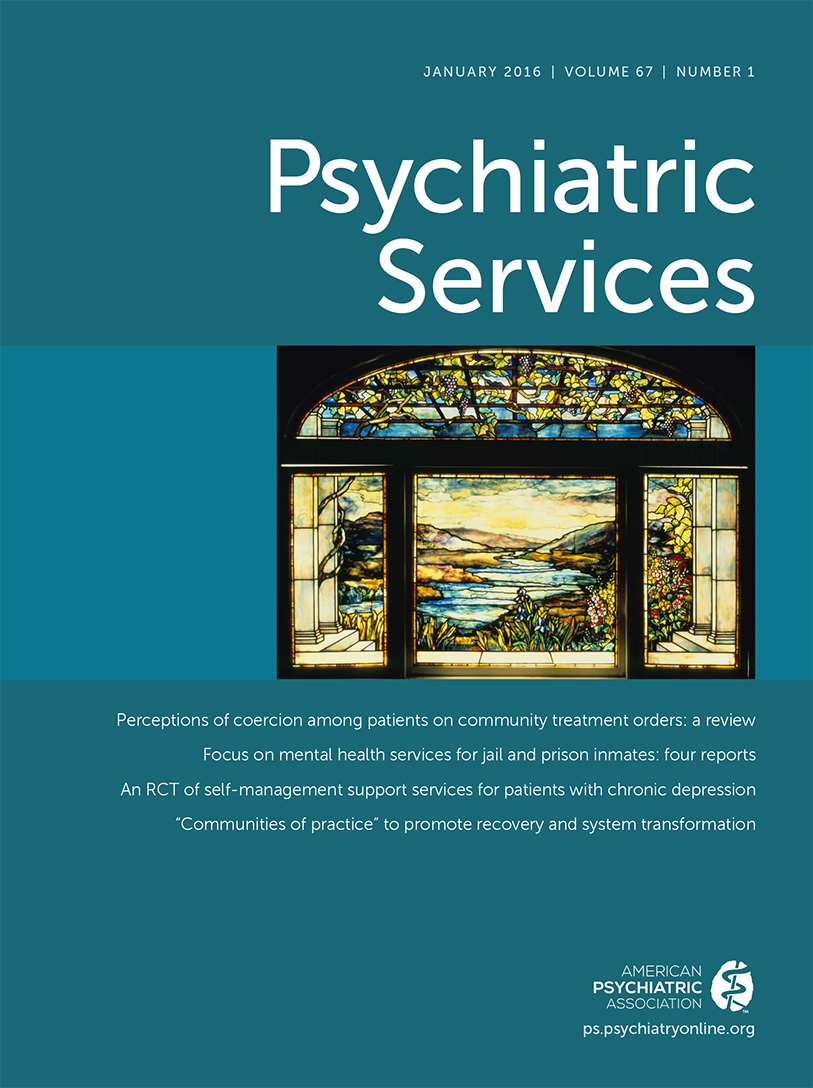American Christian Engagement With Mental Health and Mental Illness
Abstract
Although religious belief and practice are relevant to mental health outcomes, many clinicians lack knowledge of particular religious traditions required to make informed judgments about referral to and collaboration with faith-based organizations and clinicians. This Open Forum examines five diverse American Christian approaches to mental health and mental illness—pastoral care and counseling, biblical counseling, integrationism, Christian psychology, and the work of the Institute for the Psychological Sciences—that are relevant for contemporary mental health service delivery. Each of these movements is briefly described and placed in historical, conceptual, and organizational context. Knowledge of the diverse and varied terrain of American Christian engagement with mental health care can inform clinicians’ interactions with faith-based providers, clarify opportunities for responsible collaboration, and provide important insight into religious subcultures with faith-based concerns about contemporary psychiatric care.



